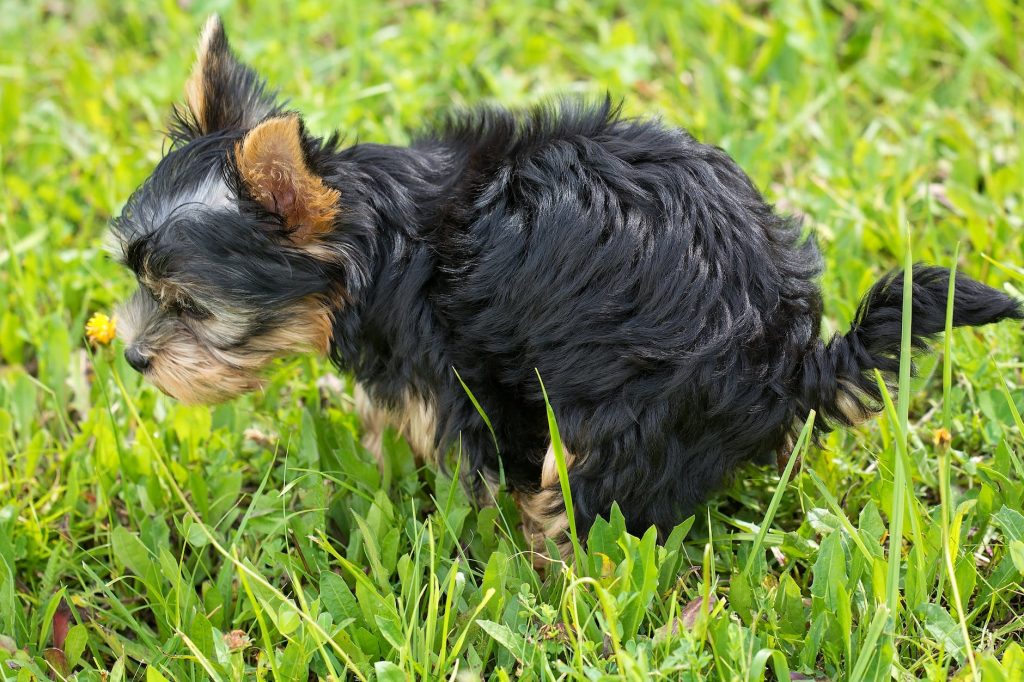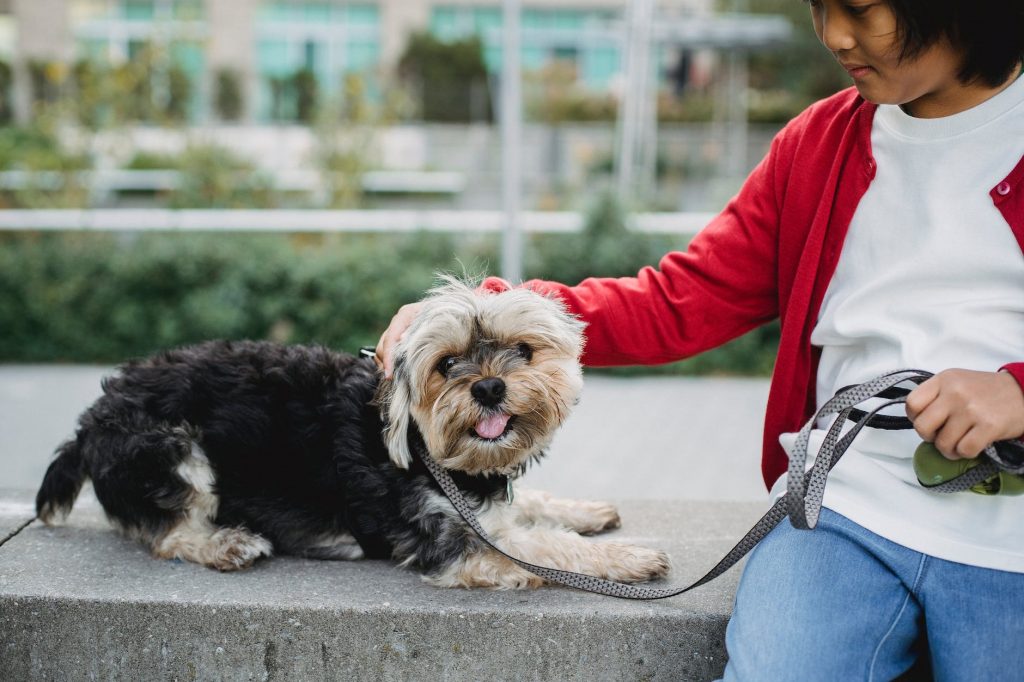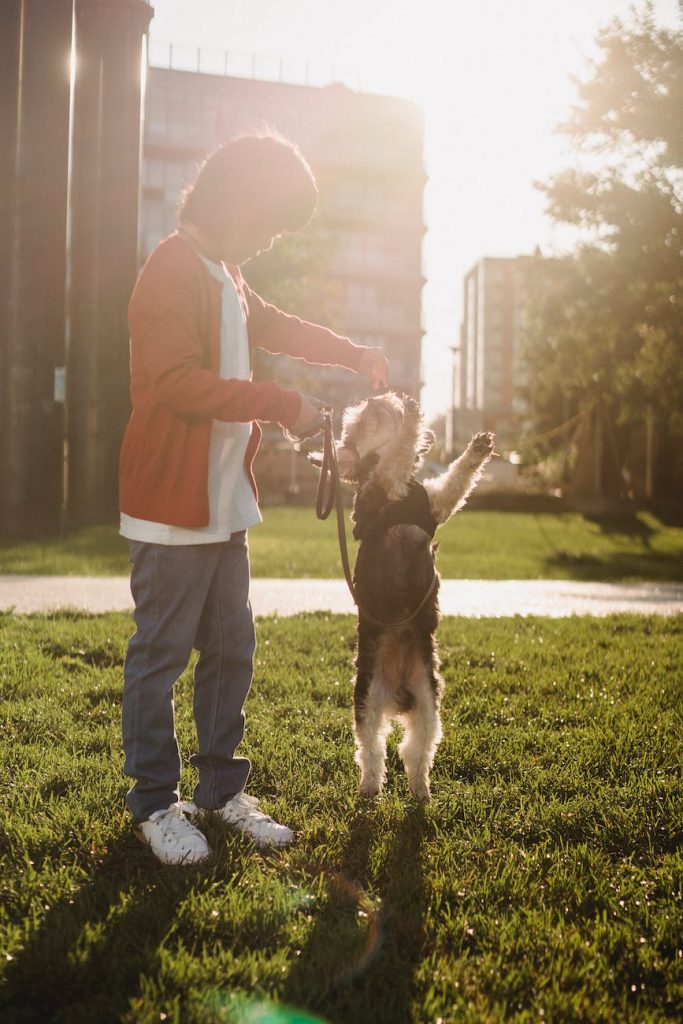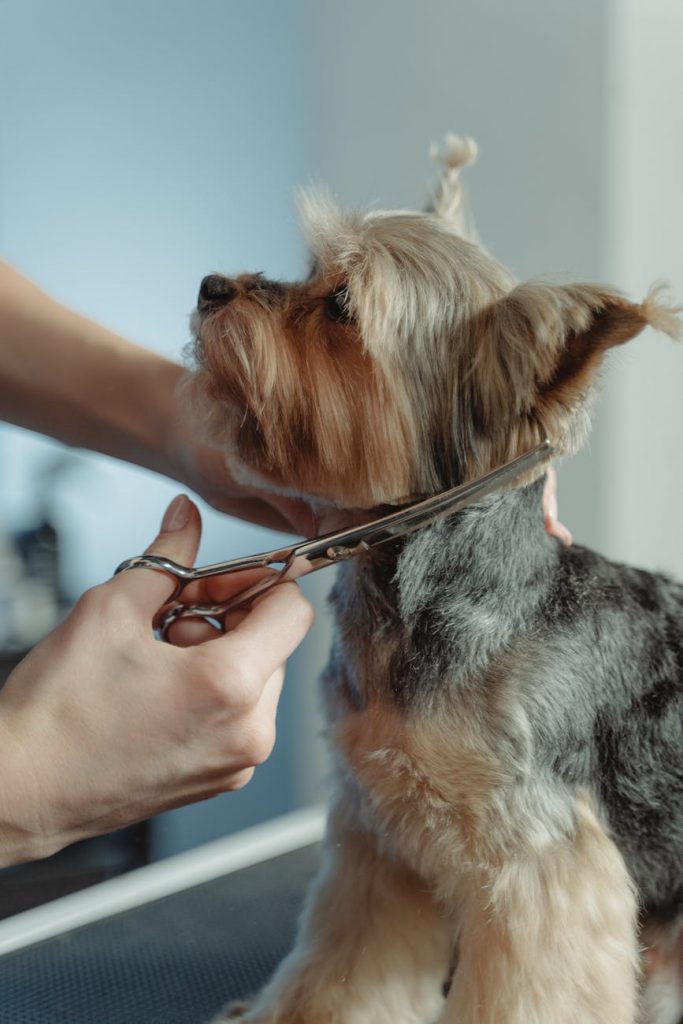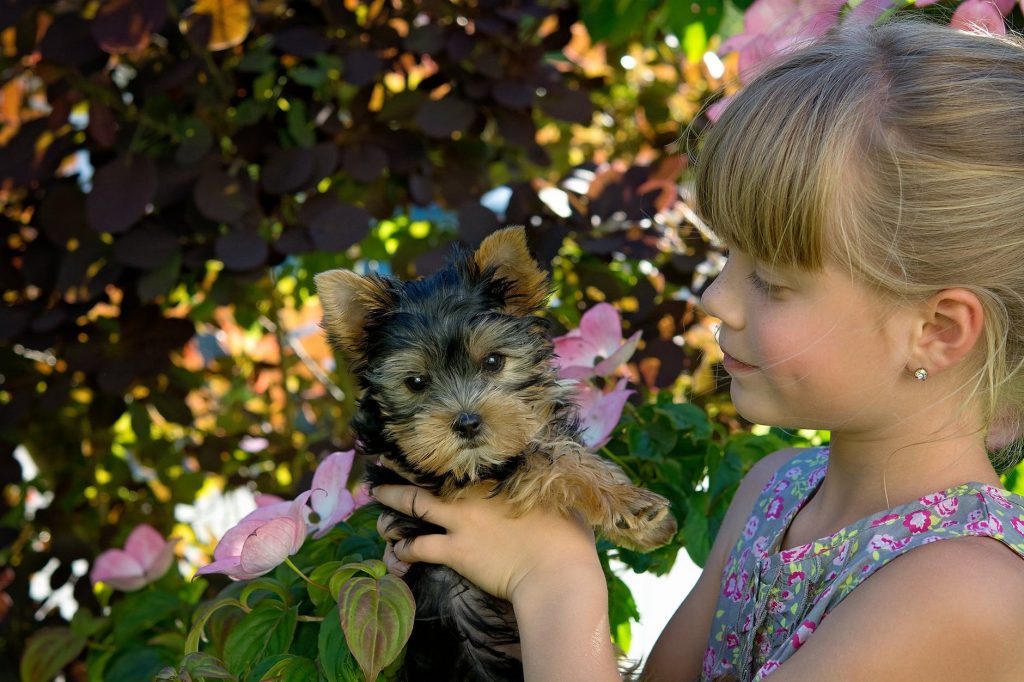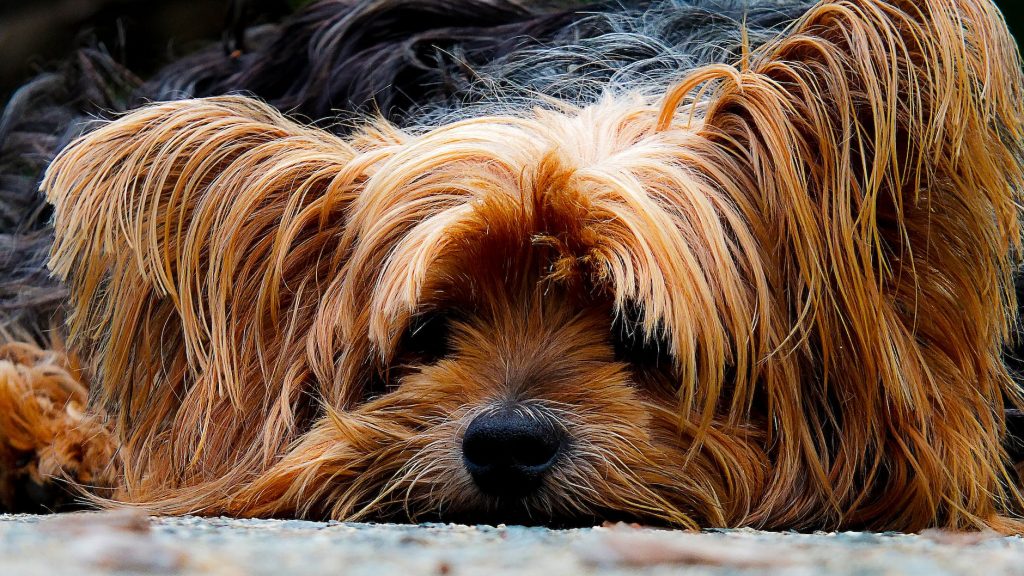Do Yorkies Shed? You don’t expect this.
Introduction
If you’re considering getting a Yorkie, one of the questions that may come to mind is whether they shed. Shedding can be a concern for many pet owners due to allergies, cleanliness, and overall maintenance. In this article, we will delve into the shedding patterns of Yorkies, shedding causes, and tips to manage their shedding effectively.
Table of Contents
- Understanding Yorkie Coat Types
- Shedding Patterns of Yorkies
- Factors Influencing Shedding
- Tips to Manage Yorkie Shedding
- Grooming Techniques for Yorkies
- Diet and Nutrition for Healthy Coats
- Common Myths about Yorkie Shedding
- Seasonal Shedding and Coat Care
- The Role of Genetics in Shedding
- Yorkie Allergies and Shedding
- Health Conditions and Shedding
- Minimizing Shedding in Your Home
- Regular Vet Check-ups for Coat Health
- Conclusion
- FAQs
1. Understanding Yorkie Coat Types
Yorkshire Terriers have a unique coat that consists of fine, silky hair. Their coat is hypoallergenic, meaning it produces fewer allergens, making them a suitable option for individuals with allergies. Yorkie coats come in different types, including:
- Silk Coat: These Yorkies have a fine, smooth, and silky coat that resembles human hair.
- Cotton Coat: Cotton-coated Yorkies have a fluffier texture, similar to cotton.
- Woolly Coat: This coat type is dense, curly, and often requires more maintenance.
2. Shedding Patterns of Yorkies
Yorkies are considered a low-shedding breed. However, it’s important to note that all dogs shed to some extent. Yorkies shed minimally compared to other breeds, making them an excellent choice for individuals who prefer a cleaner living environment. The shedding patterns of Yorkies can vary depending on various factors, which we will explore in the following sections.
3. Factors Influencing Shedding
Several factors can influence the shedding patterns of Yorkies. It’s essential to understand these factors to manage shedding effectively. Here are some key influences:
- Genetics: The genetics of a Yorkie play a significant role in determining its shedding patterns. If both parents have a low-shedding coat, the chances are higher that the offspring will have a similar coat type.
- Health: A Yorkie’s overall health can affect its coat condition and shedding. Poor nutrition, allergies, or underlying health issues can lead to excessive shedding.
- Environment: The environment in which a Yorkie lives can impact shedding. Dry climates, extreme temperatures, and exposure to pollutants may cause increased shedding.
4. Tips to Manage Yorkie Shedding
While you cannot completely eliminate shedding in Yorkies, you can take steps to manage it effectively. Here are some tips to help you minimize shedding:
- Regular Brushing: Brushing your Yorkie’s coat regularly helps remove loose hairs and prevents them from spreading around the house.
- Bathing and Drying: Regular bathing keeps the coat clean and healthy. Ensure you dry your Yorkie thoroughly after bathing to avoid skin issues.
- Proper Nutrition: A well-balanced diet rich in essential nutrients promotes a healthy coat and minimizes excessive shedding.
- Supplements: Consult with your veterinarian about supplements that can support coat health and reduce shedding.
- Hydration: Keeping your Yorkie hydrated helps maintain the quality of its coat.
5. Grooming Techniques for Yorkies
Proper grooming is crucial for maintaining a healthy coat and reducing shedding. Here are some grooming techniques specifically for Yorkies:
- Trimming: Regular trimming of the hair around the eyes, ears, and paws not only enhances their appearance but also reduces the chances of tangles and matting.
- Teeth and Ear Cleaning: Yorkies are prone to dental and ear issues. Regular cleaning helps prevent infections that can affect their overall coat health.
- Nail Care: Keep your Yorkie’s nails trimmed to prevent discomfort and possible injuries that could lead to excessive scratching and shedding.
6. Diet and Nutrition for Healthy Coats
A balanced diet is essential for the overall well-being of your Yorkie, including the health of their coat. Here are some key nutrients that contribute to a healthy coat:
- Protein: Adequate protein intake promotes healthy hair growth and reduces shedding.
- Omega-3 Fatty Acids: These fatty acids contribute to a shiny and lustrous coat.
- Vitamins and Minerals: Vitamin E, biotin, zinc, and other essential vitamins and minerals are crucial for maintaining a healthy coat.
7. Common Myths about Yorkie Shedding
There are several misconceptions surrounding Yorkie shedding. Let’s debunk some common myths:
- Myth 1: Yorkies are completely non-shedding: While they are low-shedding, Yorkies still shed to some degree.
- Myth 2: Shaving reduces shedding: Shaving a Yorkie’s coat does not stop shedding. In fact, it can disrupt the natural shedding cycle and lead to more issues.
- Myth 3: Only long-haired Yorkies shed: All coat types of Yorkies can shed, although the amount may vary.
8. Seasonal Shedding and Coat Care
Yorkies experience seasonal shedding, especially during spring and fall. During these periods, their coats may thin out slightly. To manage seasonal shedding effectively, you can:
- Increase brushing frequency to remove loose hairs.
- Consult a professional groomer for guidance on coat care during shedding seasons.
- Ensure your Yorkie receives proper nutrition and hydration.
9. The Role of Genetics in Shedding
As mentioned earlier, genetics play a crucial role in determining a Yorkie’s shedding patterns. If you are concerned about shedding, it’s recommended to inquire about the shedding history of the parents before getting a Yorkie. Responsible breeders can provide insights into the shedding tendencies of their dogs.
10. Yorkie Allergies and Shedding
Yorkies are known for being hypoallergenic, which means they produce fewer allergens. However, some individuals may still be allergic to Yorkie dander or saliva. If allergies are a concern, spend time with a Yorkie beforehand to determine if you have any adverse reactions.
11. Health Conditions and Shedding
Certain health conditions can cause excessive shedding in Yorkies. These conditions may include:
- Allergies: Yorkies can develop allergies to certain foods, environmental factors, or parasites, leading to increased shedding.
- Hormonal Imbalances: Hormonal changes, such as those caused by thyroid or adrenal gland issues, can affect the coat and result in excessive shedding.
- Skin Infections: Infections caused by bacteria, fungi, or parasites can impact the coat’s health, leading to shedding.
If you notice abnormal shedding patterns or other concerning symptoms, consult your veterinarian for a
proper diagnosis and treatment.
12. Minimizing Shedding in Your Home
Although Yorkies are low-shedding, it’s still important to minimize shedding within your home. Here are some helpful tips:
- Use Furniture Covers: Protect your furniture from loose hairs by using washable covers or throws.
- Regular Vacuuming: Vacuum your home frequently to remove pet hair from carpets, furniture, and other surfaces.
- Lint Rollers: Keep lint rollers handy to quickly remove pet hair from clothing and upholstery.
- Wash Bedding and Toys: Regularly wash your Yorkie’s bedding and toys to remove any accumulated hair.
13. Regular Vet Check-ups for Coat Health
Regular veterinary check-ups are crucial for maintaining your Yorkie’s overall health, including their coat. Your veterinarian can assess their coat condition, detect any underlying health issues, and provide appropriate guidance for managing shedding.
14. Conclusion
In conclusion, Yorkies are a low-shedding breed, making them an attractive choice for individuals seeking dogs with minimal shedding. While shedding is a natural process for all dogs, proper grooming, nutrition, and healthcare can help manage shedding effectively. Remember to consider the factors that influence shedding, such as genetics, health, and environment, and take necessary steps to maintain a healthy coat for your beloved Yorkie.
FAQs
1. Are Yorkies suitable for individuals with allergies?
Yes, Yorkies are considered hypoallergenic and produce fewer allergens. However, individual allergies may vary, so spend time with a Yorkie before making a decision.
2. Do all Yorkies shed?
While Yorkies are low-shedding, they still shed to some extent. Regular grooming and maintenance can minimize shedding.
3. Can I shave my Yorkie to reduce shedding?
Shaving a Yorkie’s coat does not stop shedding and can cause more issues. It’s best to consult a professional groomer for appropriate coat care.
4. How often should I brush my Yorkie’s coat?
Regular brushing, ideally a few times a week, helps remove loose hairs and prevents matting.
5. Can poor nutrition affect a Yorkie’s shedding?
Yes, a well-balanced diet is crucial for maintaining a healthy coat. Poor nutrition can contribute to excessive shedding.

